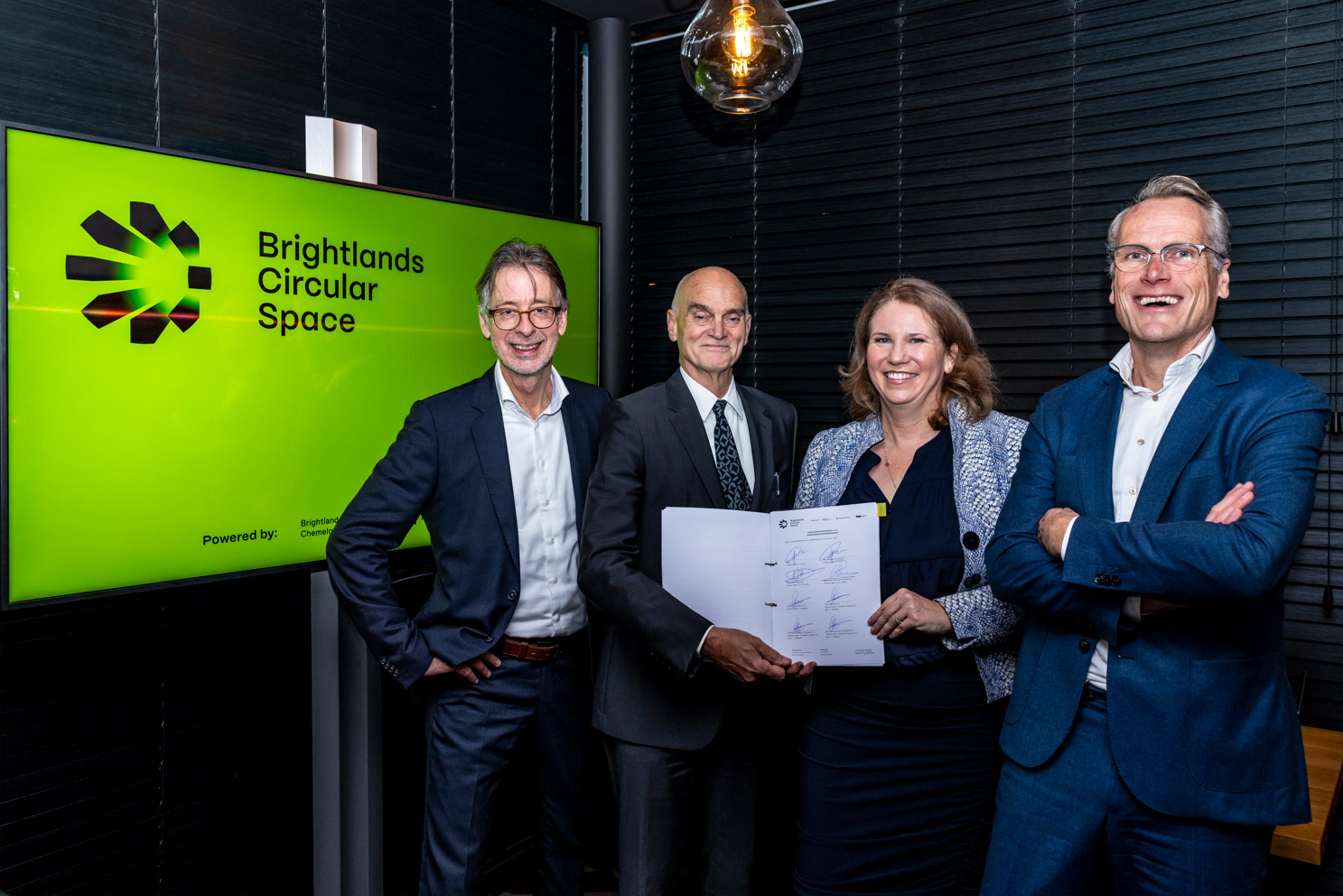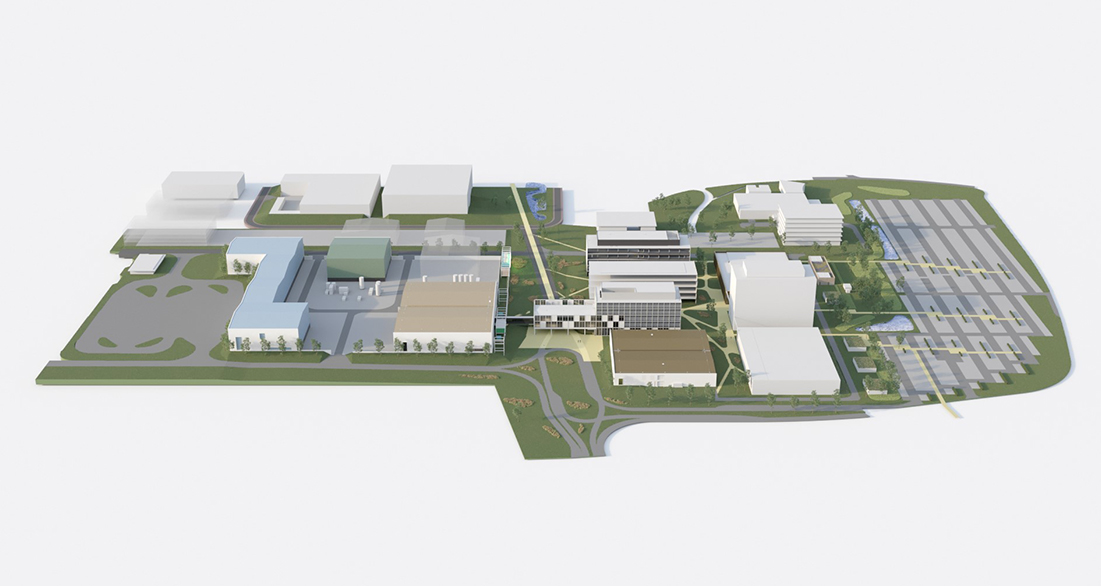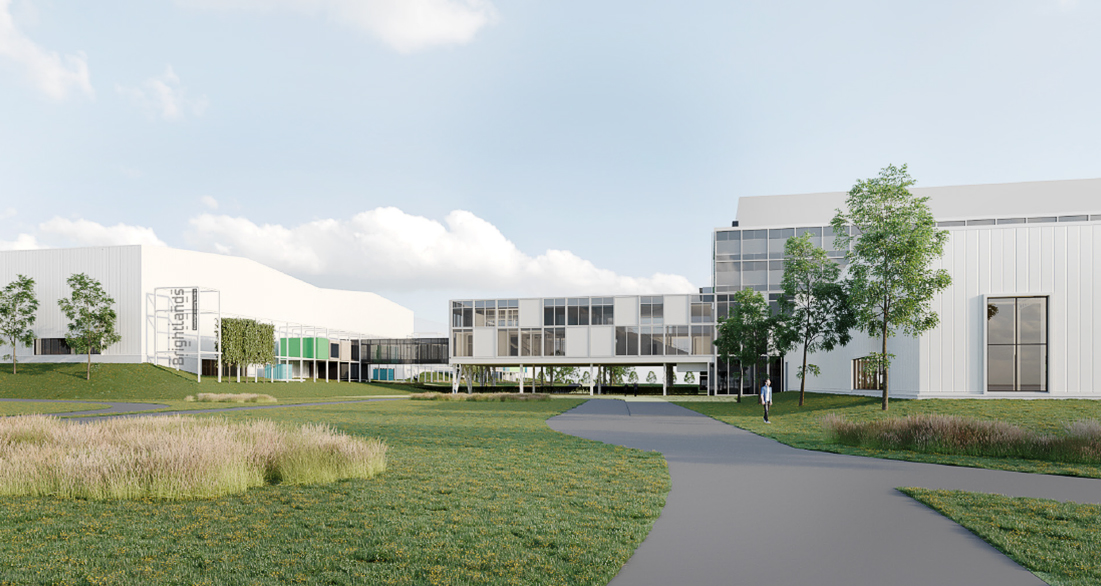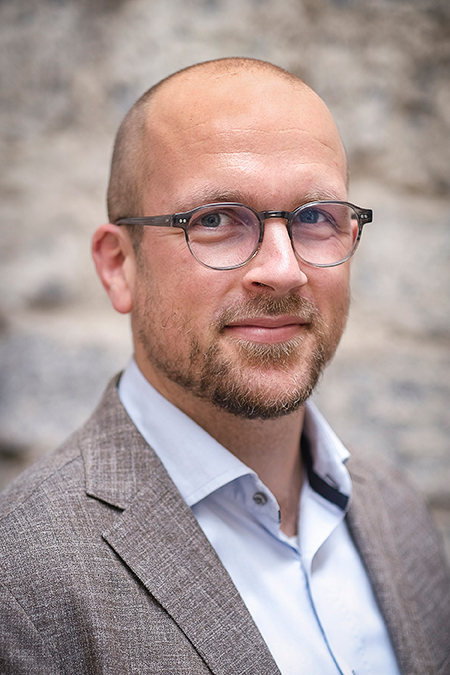Brightlands Circular Space: A Highway to Circular Plastics
Reusing waste as a source for new materials appears to be an effective way to reduce the use of fossil-based sources in the production of materials such as plastic. However, how do you do this on a large industrial scale? In late November, Maastricht University and its partners TNO and Brightlands Chemelot Campus received a GO to build Brightlands Circular Space at the Chemelot Campus in Sittard-Geleen. This will enable scientists and businesses to accelerate the development of sustainable and circular plastics from waste materials.
"Brightlands Circular Space will be a unique facility for the region as, for the first time, it will house all of the research and development for the entire technical chain of plastic recycling in one place," says Prof. Dr. Kim Ragaert about the main goal of the Brightlands Circular Space (BCS). Ragaert is a professor of Circular Plastics at Maastricht University's Faculty of Science and Engineering. She demonstrates the benefit of BCS by using a plastic bottle as an example. "Imagine the recycled plastics are of poor quality, resulting in a stained bottle. It is now extremely difficult to determine the cause. Companies often lack the ability to seek an answer. The R&D community is widely dispersed; diverse organisations handle each stage of the recycling process independently: sorting, washing, granulating, and producing new bottles all take place in different locations. Because, BCS houses the whole technical chain, we can look very precisely for the causes of quality issues.”



By gathering all relevant stakeholders and technical processes in one location, BCS will help to realise a circular economy where waste is used as a source of new materials as much as possible.
Fundamental research
The Ministry of Economic Affairs and Climate Policy will contribute 25 million euros to BCS. The funding comes from the Circular Plastics NL national programme, part of the Nationaal Groeifonds. A number of buildings will be constructed on the Chemelot Campus to accommodate BCS. These will house research, development, and testing facilities for large-scale reuse of plastic waste materials via mechanical or chemical recycling.
Together with Dr. Pilar Ruiz, Ragaert will also conduct fundamental research into the recycling of plastics. Both are members of the Circular Chemical Engineering research group. "For example, we're interested in the formation of microplastics during the process. We can try to figure out how to avoid their formation once we know where and how they form."
Maastricht University offers educational programmes in the field of materials research, such as the Circular Engineering bachelor programme. Thanks to BCS, students will be able to become acquainted with the wondrous world of plastic recycling.
Brightlands Circular Space is scheduled to open in 2026.
Also read
-
The Brightlands Maastricht Health Campus celebrates its tenth anniversary this week. The campus now houses more than 115 companies and institutes where over 11,000 professionals and also over 11,000 students work together on valuable innovations within healthcare, medicine and life sciences.
-
The Faculty of Science and Engineering has appointed Wolfgang Giernalczyk, as Department Head and Programme Director of UCM.


